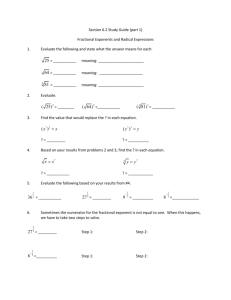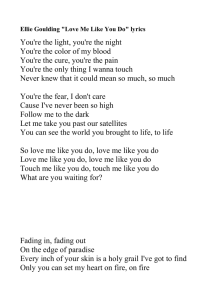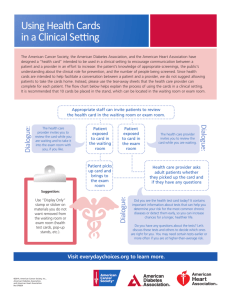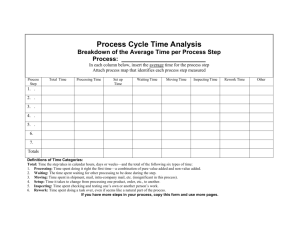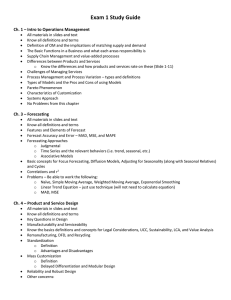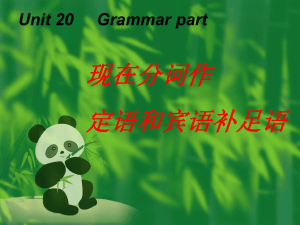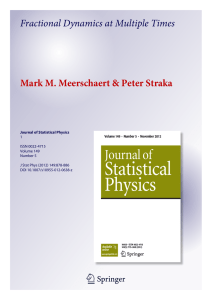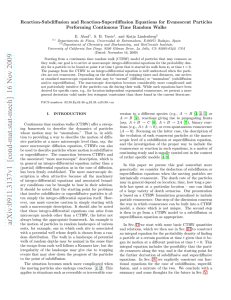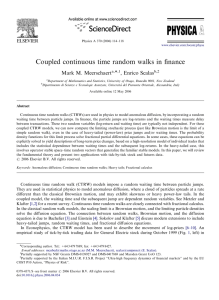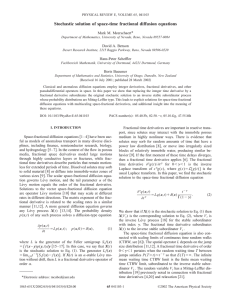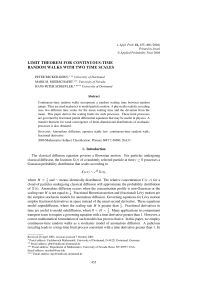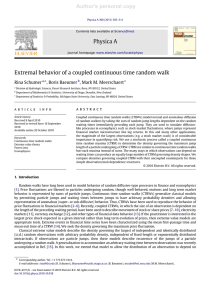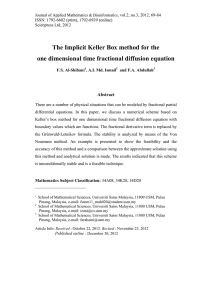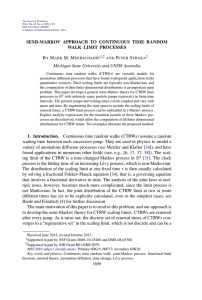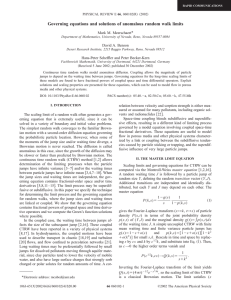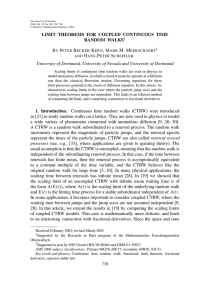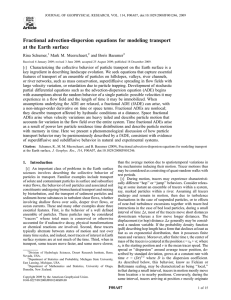Time-dependent Subdiffusion via Continuous Time Random Walk Limits P. Straka, B.I. Henry
advertisement
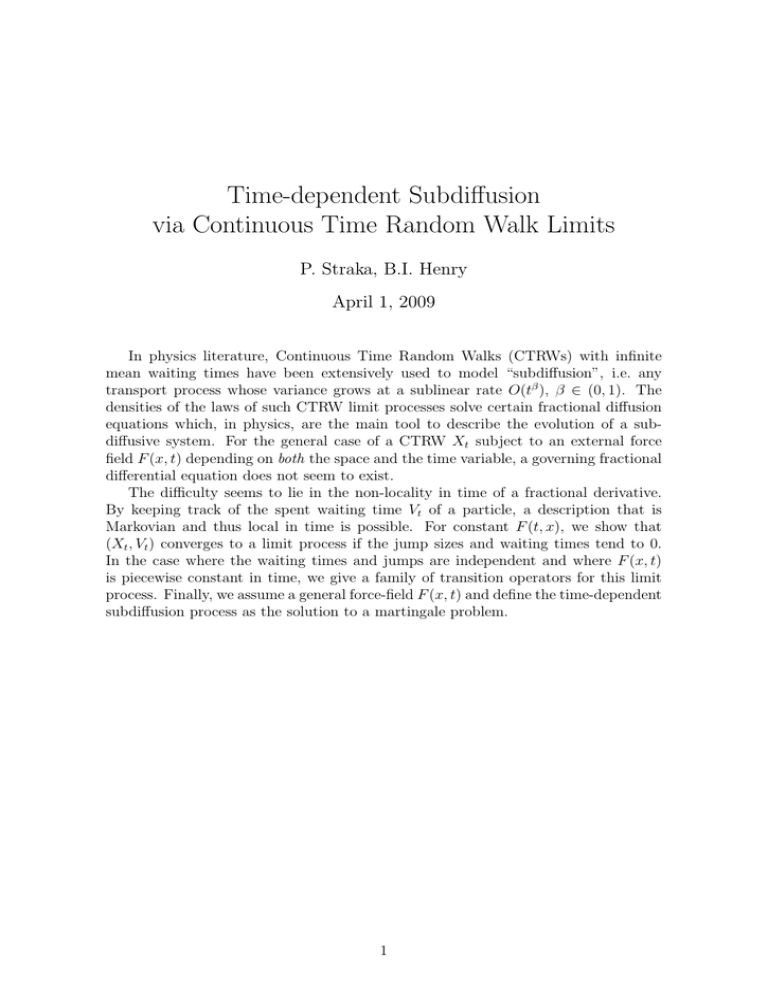
Time-dependent Subdiffusion via Continuous Time Random Walk Limits P. Straka, B.I. Henry April 1, 2009 In physics literature, Continuous Time Random Walks (CTRWs) with infinite mean waiting times have been extensively used to model “subdiffusion”, i.e. any transport process whose variance grows at a sublinear rate O(tβ ), β ∈ (0, 1). The densities of the laws of such CTRW limit processes solve certain fractional diffusion equations which, in physics, are the main tool to describe the evolution of a subdiffusive system. For the general case of a CTRW Xt subject to an external force field F (x, t) depending on both the space and the time variable, a governing fractional differential equation does not seem to exist. The difficulty seems to lie in the non-locality in time of a fractional derivative. By keeping track of the spent waiting time Vt of a particle, a description that is Markovian and thus local in time is possible. For constant F (t, x), we show that (Xt , Vt ) converges to a limit process if the jump sizes and waiting times tend to 0. In the case where the waiting times and jumps are independent and where F (x, t) is piecewise constant in time, we give a family of transition operators for this limit process. Finally, we assume a general force-field F (x, t) and define the time-dependent subdiffusion process as the solution to a martingale problem. 1
